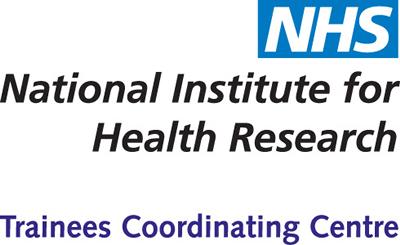Genetic testing techniques have advanced enormously over the past few decades. It is now possible to examine large portions of a person’s genetic code at costs manageable to routine NHS services.

As well as diagnosing the cause of specific clinical signs and symptoms, or family histories of disease, such genetic testing will also at times find entirely unexpected, but clinically relevant information about a person, such as future disease likelihood.
This research fellowship aimed to gain an empirical and ethical insight into the experiences and attitudes of healthcare users and professionals towards such Incidental Findings (IFs) from genetic testing, using both quantitative and qualitative research methods.
27 clinic observations and 48 interviews with healthcare users and professionals were carried out and these findings informed the development of a questionnaire that will now be surveyed nationally with healthcare professionals who organise genomic testing.
The main findings from the first part of the study were that the possibility of an IF is often not explained to patients at the time when genetic tests are organised and if it is patients often do not recall this discussion. Patients who received an IF were pleased to have done so and would welcome this type of information again, although they thought that this may not be the same for all patients. Facilitating patient choice about which IFs are looked for and reported back is challenging, as it is not possible to know which, if any, IFs will be subsequently discovered. This has implications for health services as they develop consent and disclosure practices for genomic testing.
The survey questionnaire has now been designed and will be distributed to HCP's in the near future. The survey aims to establish HCP views and experiences of IFs in their clinical practice.
